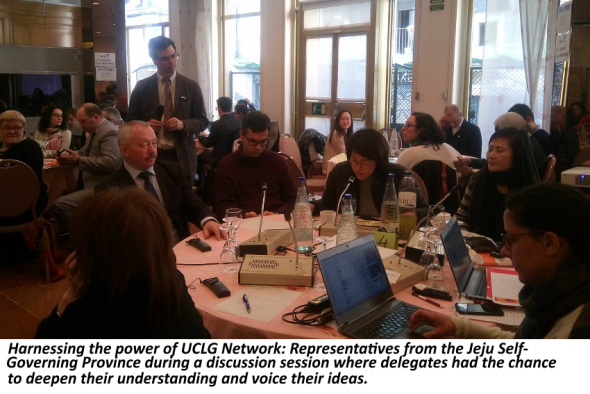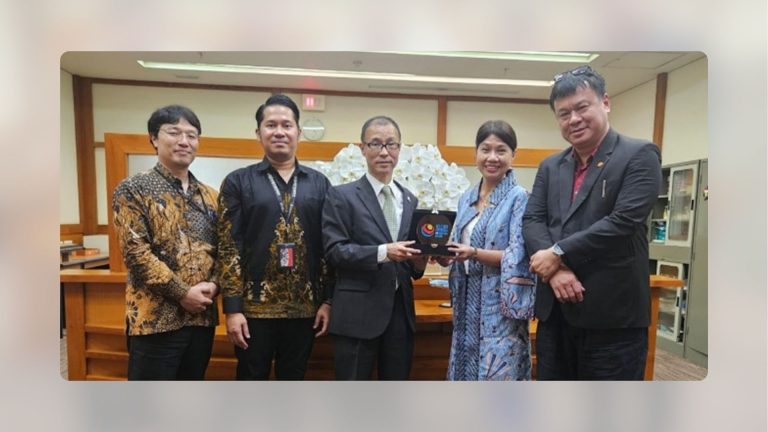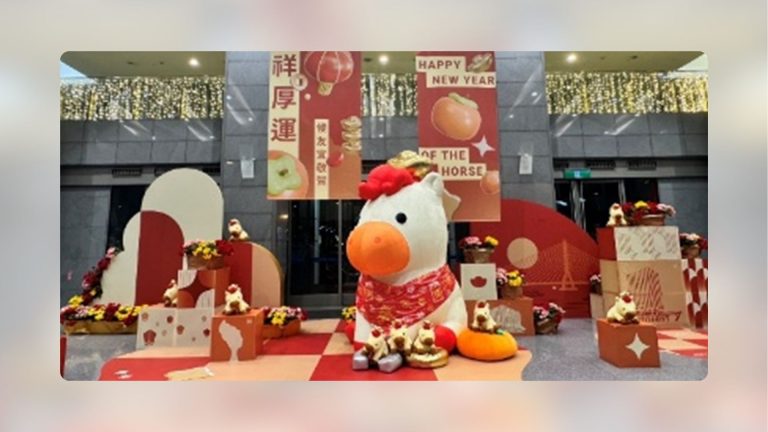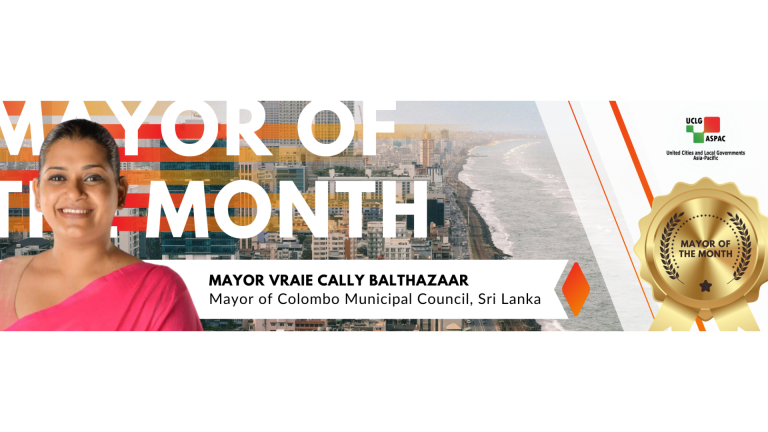FOLLOWING the success of last year’s edition, the UCLG Annual Retreat and Campus brought for the second time the representatives of UCLG sections, regions and committees. From reshaping the programme of the upcoming UCLG World Congress in Bogota, to contemplating a question like “what we would miss if UCLG did not exist?” the retreat has paved the way for a more resilient UCLG network. Asia Pacific representatives from Jeju Special Self Governing Province, Guanghzou Municipal Government and Staff Member of UCLG ASPAC Secretariat (Member Services Manager) took part in the retreat.
For four days, from 15 to 19 February, they gathered in Barcelona, Spain, the home of the Organization’s World Secretariat. Under the common goal of harnessing the power of UCLG network and continue the work based on the collaboration and achievements of the last few years, the retreat also aimed at increasing the Organization’s visibility and impact at all levels. Before the retreat officially started, Member Services Manager paid a visit to the office of UCLG Headquarters and had a small discussion with colleagues who are dealing with membership matters.
Day 1: For a Better Urban Community
The first day of the retreat took off with discussions around the planning for the UCLG World Congress, and the preparation towards the Habitat III Global Conference, a significant moment for the urban community. The representatives of ASPAC were actively involved in the group discussion. At the end of the day, the participants were taken to a “mental journey,” where they did a strategic and visioning exercise about the evolution of the Organization.
Day 2: How to do it better and differently?
Day two of the retreat gave ways to a mutual agreement among participants that UCLG should innovate with the format of the Congress to avoid falling back on old routines. Other thematic areas included building from the Right to the City, a cornerstone of the Urban Agenda to incorporate crisis, cooperation and solidarity, governance and issues of quality local democracy. As a chair of UCLG Committee on Urban Innovation Community, Guangzhou Representative shared their activity organised in Paris on 5 December on the sidelines of UCLG World Council Meetings which was in conjunction with COP 21. The activity, Roundtable on SDGs & Urban Innovation: Telling City Success Stories, successfully gathered some 60 mayors, local officials, NGO representatives, and local development experts. The round-table achieved its purpose of strengthening the role of the Community to provide new tools, expertise and knowledge on implementing and achieving the SDGs at the local level.
Together with representatives from VNG International, MEWA Section, Federation Canadian Municipalities and Africa Section, and National Confederation of Municipalities, the ASPAC Secretariat Staff joined a meeting dicussing a Toolkit for facilitating the implementation of SDGs at the local level which meeting was moderated by Edgardo Bilsky of UCLG World Secretariat. Based on the outputs of the “Dialogue on Localizing the Post 2015 Agenda” carried out in 2014, and promoted by the Global Taskforce of Local and Regional Governments (GTF), UNDP and UN Habitat, these three partners decided to continue their collaboration in supporting the implementation of the SDGs at local level, and have therefore embarked on a process of elaborating a toolkit for localizing the SDGs. The toolkit is conceptualized as a “flexible” instrument, not as a “rigid” guide or “a one fits all solution”; rather a set of practical tools to be employed in various settings, adaptable to different contexts and development challenges. In line with the agenda’s universality principle, the toolkit includes European, African, Latin American and Asian experiences and involves a wide range of in its elaboration.
Day 3: Deepening Understanding, Synergizing Actions
During the third day of the retreat, UCLG regional sections were invited to present their work plans that have been implemented. Issues like disaster response, risk reduction, migration and refugees were some of the prominent themes coming from some of the regions. The Learning Agenda team also presented some of their work on city-to-city cooperation and the peer learning events.
Day 4: Paving the Way for Resilient UCLG Network
As the retreat came to an end on the fourth day, UCLG sections, committees and partners reaffirmed the sense of identity created by forming part of UCLG. They also made it clear that the united representative voice and the inspiration derived from this 100 year old movement of cities and local governments were undisputed assets and the knowledge, exchange, empowerment and community would be sincerely strengthened.












